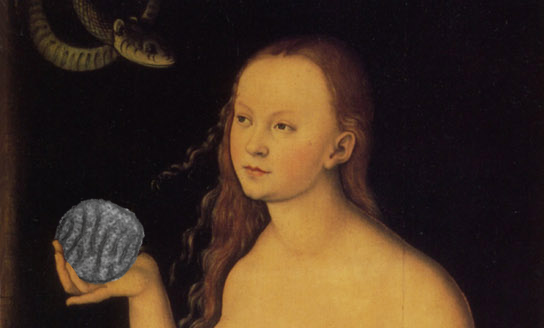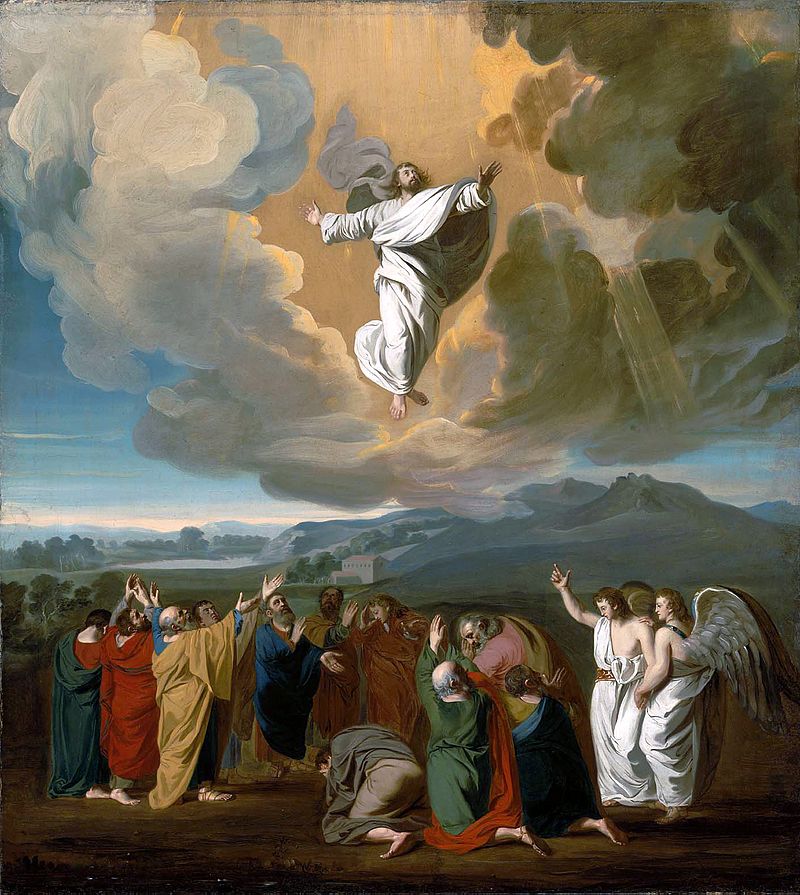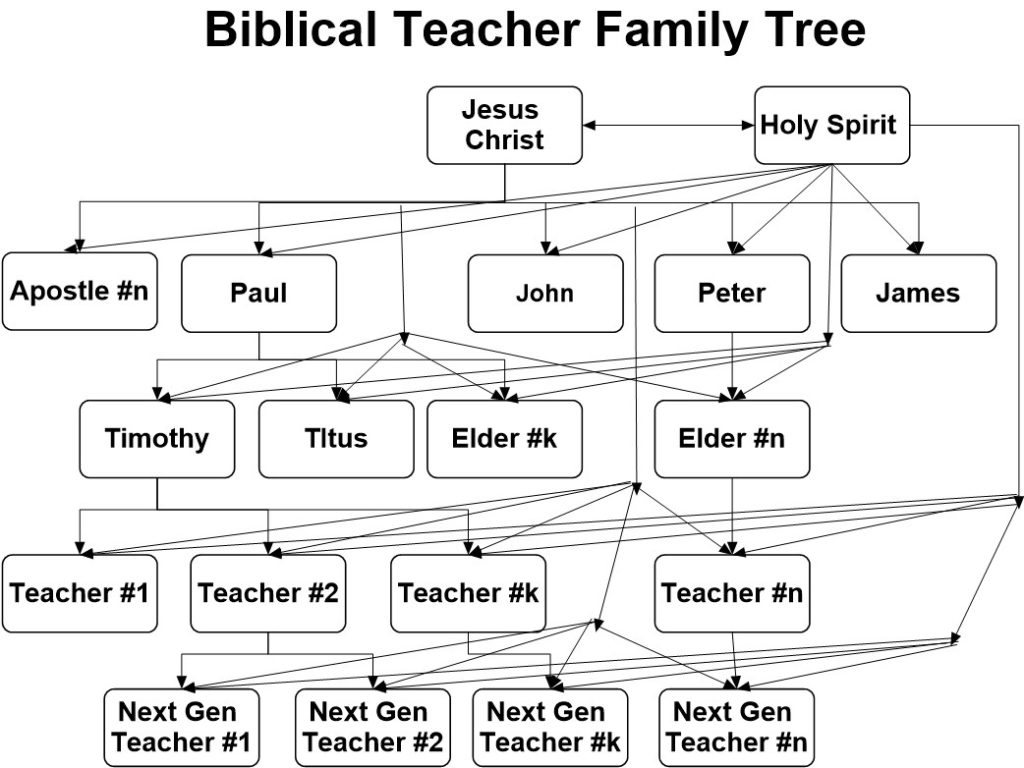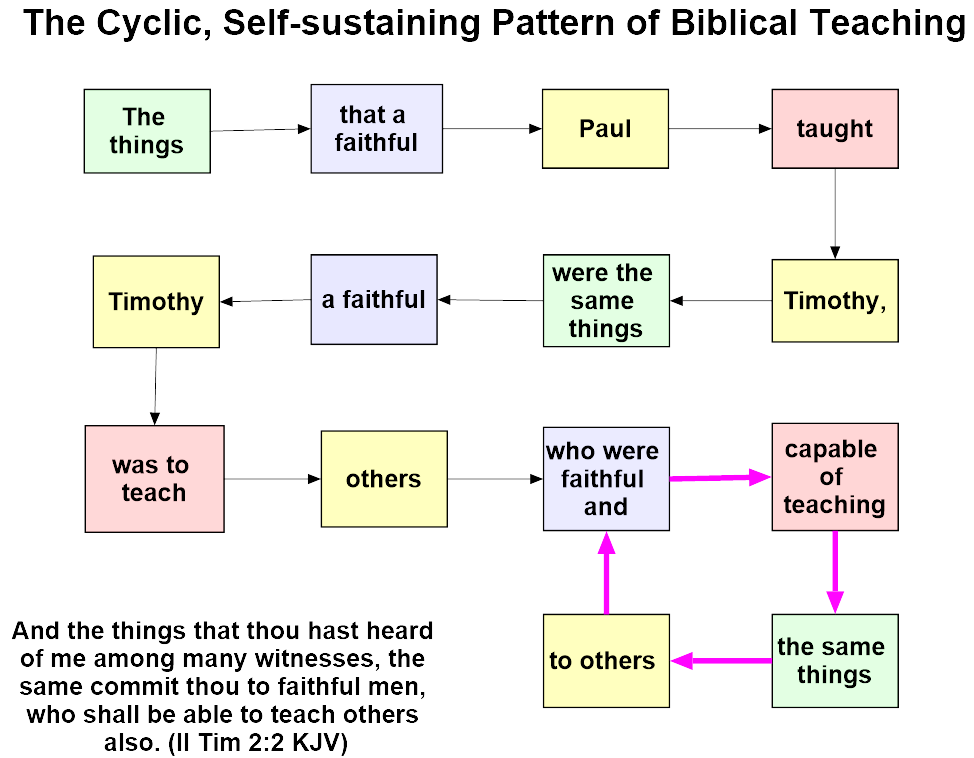Can you believe we’re more than halfway through January and more than 5% of 2017 is already in the books? How are you doing with your Advent Wreath Resolution? Are you still reflecting on the Advent Wreath Lessons? This week we’ve come to the third candle lit during Advent, which is the pink “Joy” candle. What is the significance of this candle?

When many people think of Christmas joy, the first two things that come to their minds are the angelic greeting given to the shepherds and some very familiar Christmas music.

And there were in the same country shepherds abiding in the field, keeping watch over their flock by night. And, lo, the angel of the Lord came upon them, and the glory of the Lord shone round about them: and they were sore afraid. And the angel said unto them, Fear not: for, behold, I bring you good tidings of great joy, which shall be to all people. For unto you is born this day in the city of David a Saviour, which is Christ the Lord. And this shall be a sign unto you; Ye shall find the babe wrapped in swaddling clothes, lying in a manger. And suddenly there was with the angel a multitude of the heavenly host praising God, and saying, Glory to God in the highest, and on earth peace, good will toward men.
In terms of Christmas music, possibly the second best known Christmas carol is “Joy to the World” written by Isaac Watts. This is ironic since Watts didn’t write this piece to be an Advent hymn. Watts claimed Psalm 98 as his inspiration for this hymn.

O sing unto the Lord a new song; for he hath done marvellous things: his right hand, and his holy arm, hath gotten him the victory. The Lord hath made known his salvation: his righteousness hath he openly shewed in the sight of the heathen. He hath remembered his mercy and his truth toward the house of Israel: all the ends of the earth have seen the salvation of our God. Make a joyful noise unto the Lord, all the earth: make a loud noise, and rejoice, and sing praise. Sing unto the Lord with the harp; with the harp, and the voice of a psalm. With trumpets and sound of cornet make a joyful noise before the Lord, the King. Let the sea roar, and the fulness thereof; the world, and they that dwell therein. Let the floods clap their hands: let the hills be joyful together. Before the Lord; for he cometh to judge the earth: with righteousness shall he judge the world, and the people with equity. (Psalm 98: 1-9; KJV)
With the possible exception of the first verse Watts was obviously not celebrating the Messiah’s nativity, or first coming to earth, but rather His triumphant return to judge and reign.
Verse 1
Joy to the world! The Lord is come;
Let earth receive her King;
Let every heart prepare him room,
And heaven and nature sing,
And heaven and nature sing,
And heaven, and heaven, and nature sing.
Verse 2
Joy to the earth! the savior reigns;
Let men their songs employ;
While fields and floods, rocks, hills, and plains
Repeat the sounding joy,
Repeat the sounding joy,
Repeat, repeat the sounding joy.
Verse 3
No more let sins and sorrows grow,
Nor thorns infest the ground;
He comes to make his blessings flow
Far as the curse is found,
Far as the curse is found,
Far as, far as, the curse is found.
Verse 4
He rules the world with truth and grace,
And makes the nations prove
The glories of his righteousness,
And wonders of his love,
And wonders of his love,
And wonders, wonders, of his love.
(Lyrics by Isaac Watts, published in 1719; copyright status is public domain.)
In 1739, Charles Wesley wrote a Christmas poem based on the angelic message of joy to the shepherds. To use it as a Christmas hymn, the words were put to the same music as his Easter hymn, “Christ the Lord is Risen Today.” Wesley’s version begins with the lines “HARK how all the Welkin rings. Glory to the King of Kings” In 1751, George Whitefield tweaked the lines closer to what we sing today: “Hark the herald angels sing, Glory to the newborn King!” Over the next century, a chorus of sorts was added to the end of each verse, repeating Whitefield’s opening lines, “Hark the herald angels sing, Glory to the newborn King!” In 1840, William Cummings adapted music from a Mendelssohn cantata. This is music with which we are most familiar today. Because “Christ the Lord is Risen Today” uses the same meter, we sometimes sing that tune to the Mendelssohn music.
Hark the herald angels sing
“Glory to the newborn King!
Peace on earth and mercy mild
God and sinners reconciled”
Joyful, all ye nations rise
Join the triumph of the skies
With the angelic host proclaim:
“Christ is born in Bethlehem”
Hark! The herald angels sing
“Glory to the newborn King!”
Christ by highest heav’n adored
Christ the everlasting Lord!
Late in time behold Him come
Offspring of a Virgin’s womb
Veiled in flesh the Godhead see
Hail the incarnate Deity
Pleased as man with man to dwell
Jesus, our Emmanuel
Hark! The herald angels sing
“Glory to the newborn King!”
Hail the heav’n-born Prince of Peace!
Hail the Son of Righteousness!
Light and life to all He brings
Ris’n with healing in His wings
Mild He lays His glory by
Born that man no more may die
Born to raise the sons of earth
Born to give them second birth
Hark! The herald angels sing
“Glory to the newborn King!”
As we wind down the month of January, are you preparing your heart to receive the heaven-born prince when He comes as King to judge and reign over this world? Are you spreading this message of joy to everyone with whom you come into contact?














